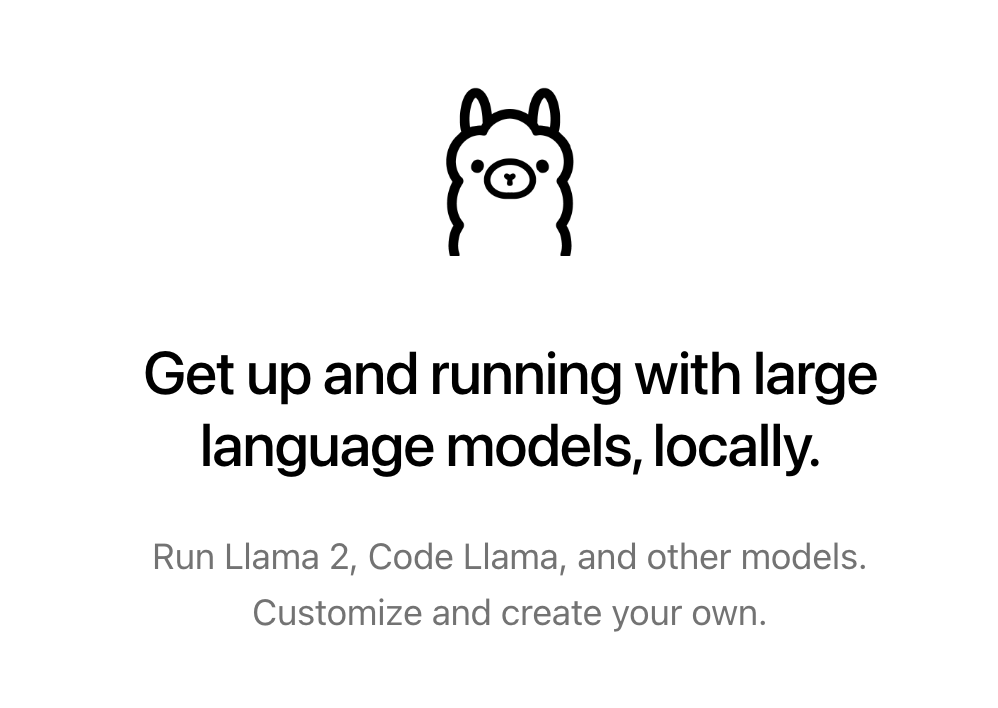Ollama AI Framework
Ollama is an advanced AI framework designed for running large language models (LLMs) locally on personal computers. It simplifies the deployment of these models by integrating model weights, configurations, and data into a single, user-friendly package. The framework is known for two key features: its Command Line Interface (CLI) Read-Eval-Print Loop (REPL) and its REST API.
CLI Read-Eval-Print Loop (REPL)
The CLI REPL is a significant aspect of Ollama, providing an interactive shell for executing and managing models. This feature enhances usability for users who prefer command-line tools for development, testing, and interaction with LLMs.
REST API
Additionally, Ollama’s REST API expands its usability across different programming languages. This API facilitates interaction with Ollama from various environments, allowing developers to integrate LLMs into a wide range of applications.
List of Available Models in Ollama
The Ollama framework supports a variety of large language models (LLMs). Here’s a list of some of the models that Ollama can run:
- Llama 2: A versatile model with 7 billion parameters, suitable for a variety of applications.
- Code Llama: Tailored for coding-related tasks, with 7 billion parameters.
- Mistral: A general-purpose 7 billion parameter model.
- Dolphin Phi: A smaller model with 2.7 billion parameters, for less resource-intensive applications.
- Phi-2: Similar to Dolphin Phi, with 2.7 billion parameters.
- Neural Chat: Focused on conversational tasks, with 7 billion parameters.
- Starling: A general-purpose model with 7 billion parameters.
- Llama 2 Uncensored: An uncensored version of Llama 2 with 7 billion parameters.
- Llama 2 (13B): An upscaled version with 13 billion parameters for more demanding tasks.
- Llama 2 (70B): The largest variant with 70 billion parameters, aimed at complex applications.
- Orca Mini: A smaller model with 3 billion parameters for applications with limited resources.
- Vicuna: Another 7 billion parameter model for various tasks.
- LLaVA: With 7 billion parameters, suitable for general-purpose applications.
Note: These models have different computational and memory requirements. It’s recommended to have at least 8 GB of RAM for the 7 billion parameter models, 16 GB for the 13 billion models, and 32 GB for the 70 billion models.
Overall, Ollama is distinguished by its ability to run LLMs locally, leading to advantages like reduced latency, no data transfer costs, increased privacy, and extensive customization of models. Its support for a variety of open-source models and adaptability for use with different programming languages, including Python, make it versatile for various applications, ranging from Python development to web development.
For more information, visit the official Ollama website here and the GitHub page here.
